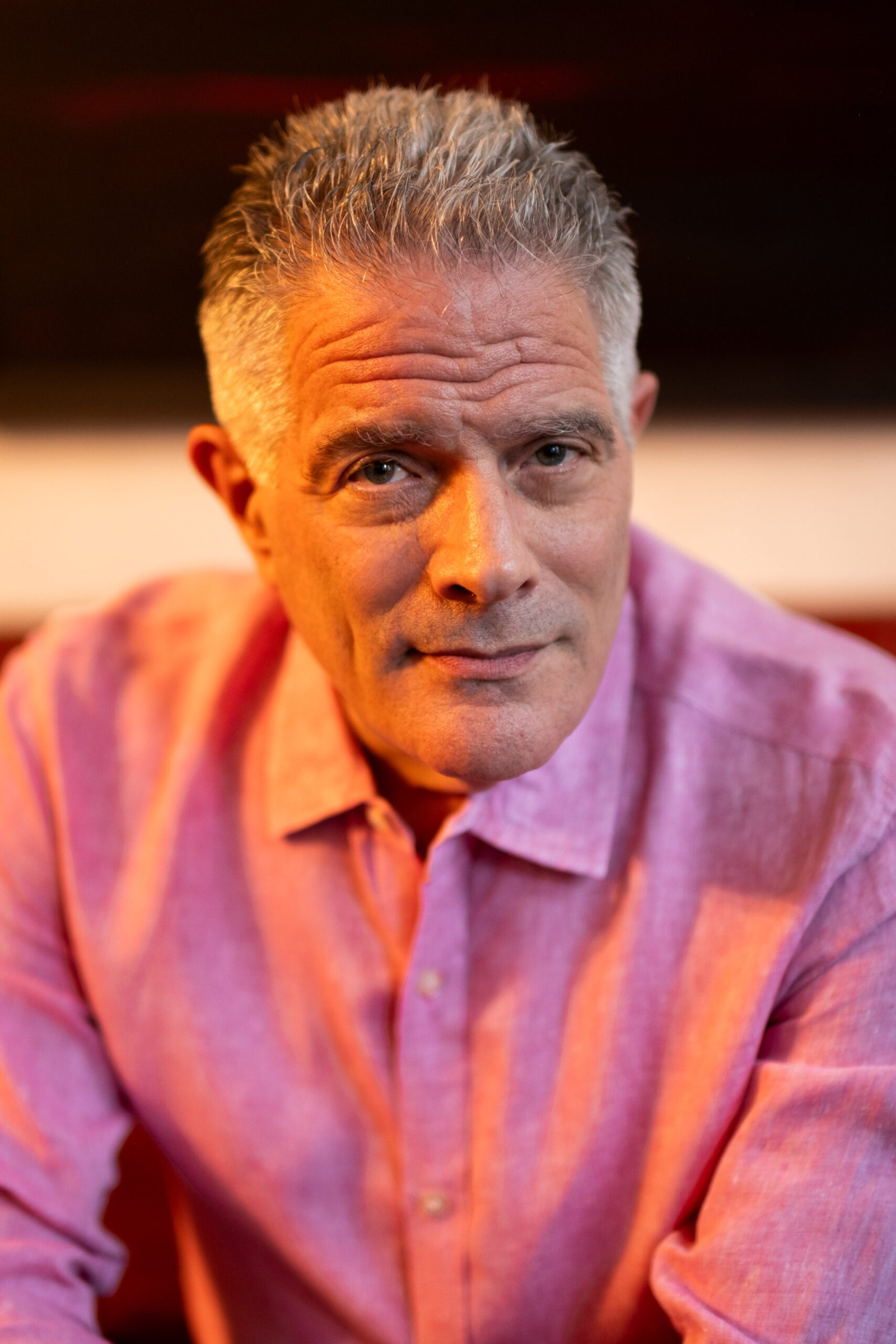Not everyone needs therapy. It can’t hurt, but those who benefit most are often asking themselves one or more of these questions. Therapy is not just about symptom relief. Anxiety, depression, or sleeplessness might bring you in, and practical tools can help. But deeper work is about understanding why you are the way you are and finding a kinder, more spacious way to live with yourself.
Why do I keep doing this?
Maybe you find yourself in the same arguments, even when you swear it will be different. Maybe you spend to feel a spark, only to feel deflated. Or you reach for a drink, a pill, or a puff you swore off.
These patterns once brought safety or relief, so don’t shame yourself. We all have “parts” — the explosive me, the clingy me, the avoidant me — each with its own history. They stepped in to protect you, but when one part is in charge, it limits you. Therapy helps you understand their origins and invite a steadier, wiser self to take the wheel.
I once worked with someone who sought weekly BDSM encounters that left him physically bruised and emotionally depleted. His submissive role was an unconscious rebellion against parents who demanded he be the “top,” the best, in everything.
Why do I still feel alone?
You can have friends, family, success and still feel unseen. D.W. Winnicott described the false self as the version shaped to meet others’ demands, often at the expense of “just being.” Beneath it lies the true self — playful, alive, capable of deep connection.
I grew up with parents who had exceedingly high aspirations. But I had an identical twin. We were wombmates, our heartbeats regulating each other’s. I was lucky — I always had someone I felt knew me. That anchor helped me in my own therapy.
I also think of a patient whose “perfect gay life” — a house on Fire Island, money, friends, constant company — still left him hollow. He entered therapy after a friend said, “I always know what you think. But I never know what you feel.”
Therapy provides an emotional anchor — not unlike the feelings I have with my twin — a one-on-one relationship with someone genuinely curious about what makes you tick. It creates a “playground” — a shared space where new possibilities can be tested. You can experience being known in a way that reshapes how you know yourself.
What’s the point of it all?
Finding purpose can sound like a pop cliché, but it’s what makes life vital. Viktor Frankl, who survived the Holocaust, wrote that we can endure almost anything if we have a “why.”
Purpose is not buried treasure. It emerges slowly, as you know yourself more deeply, feel what satisfies you, and really connect to something “bigger.” My own path to becoming a therapist was not straight. What emerged was the sense that helping people live as who they are — not who they are expected to be — was my work in the world.

